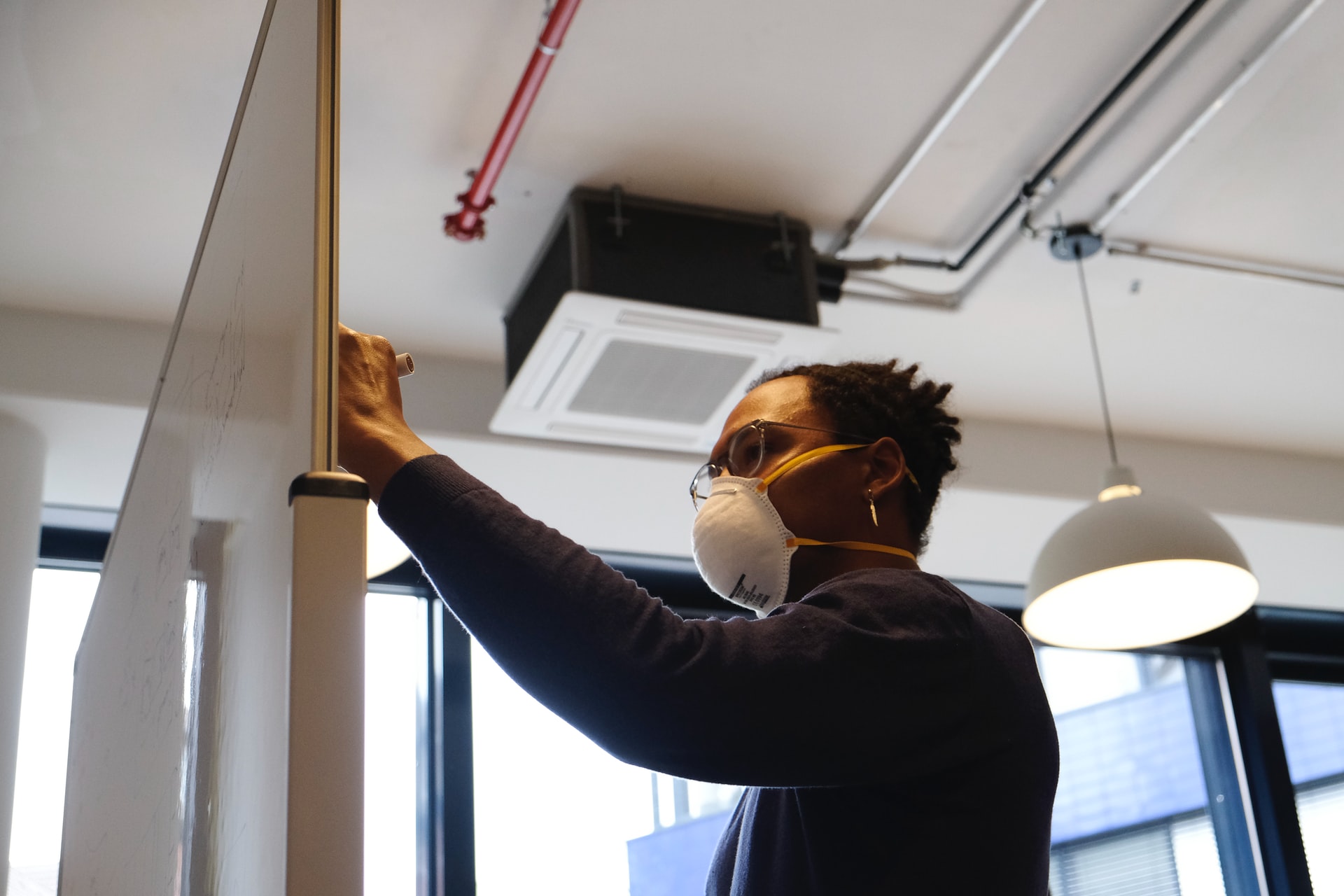Businesses have had to take a very different approach to working, with a majority having to shut completely when the pandemic was at its peak. The government’s introduction of the furlough scheme meant employees were able to be paid to stay at home until such time as it was safe to return. Some businesses were able to set their employees up to work from home thereby negating the need for furlough.
However, the months that followed continued to be fuelled by uncertainty and fear as organisations were unable to keep their business going including household names like Debenhams, Laura Ashley and travel firms like Flybe.
Now with June the 21st approaching rapidly, things still seem to be as uncertain as ever, especially with the discovery of the new Indian strain of Coronavirus entering pockets of the country.
So the question remains: how many people will feel safe returning to work and what can employers do to ensure their businesses is not affected negatively?
Many procedures should remain in place to help ensure the safety of your workforce including:
- Social distancing – keep social distancing between employees where possible by moving office furniture to give a little more space
- Hygiene – reiterate to all employees the importance of proper hygiene including washing hands and using hand sanitiser
- Masks – the government has advised that masks are to remain on, particularly indoors. Employees that work outdoors can choose whether they want to wear a mask or not
- Risk assessments –keep risk assessments up-to-date to stay inline with government guidelines. It is essential to log whether you have any vulnerable employees and to put control measures in place for them.
You may find that some of your employees want to remain working from home. Currently the government has still advised that wherever possible employers should allow their staff to work from home. Where it is not possible, it is the employer’s responsibility to ensure that the appropriate assessments and controls are in place to work in their establishment. As an employee, if you feel uncomfortable working from your office, you must first speak with your employer before taking it further with a Union representative.
What do I do if an employee has COVID?
As restrictions are starting to lift and more employees are beginning to return to offices and other establishments, it is crucial to test employees for COVID. By testing your employees, you ensure that anyone who tests positive isolates quickly, avoiding the risk of spread throughout your business.
If they test positive, they are to self-isolate for 10 days from when any symptoms start. If they are suffering with symptoms, they are entitled to statutory sick pay, if they show no symptoms but have still tested positive, they should be allowed to work from home if possible. As an employer, you will be required to provide the 8-digit NHS Test and Trace Account ID of the person who tested positive (https://www.gov.uk/guidance/nhs-test-and-trace-workplace-guidance) with any names of close co-workers, to avoid a possible spread of infection.
